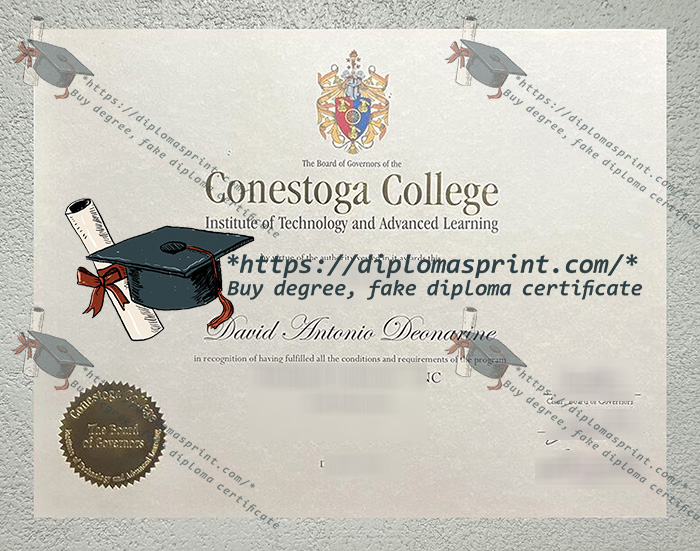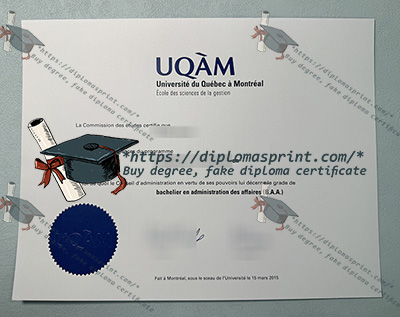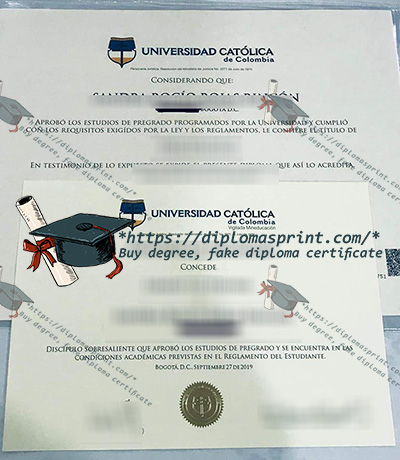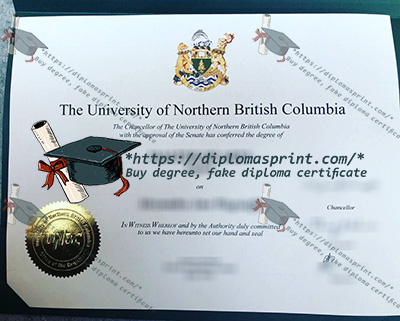
Sell a Conestoga College Diploma, Conestoga College Institute of Technology and Advanced Learning Diploma, Buy College Diploma online, Conestoga College Institute of Technology and Advanced Learning (or Conestoga College for short) is a public college located in Kitchener, Ontario, Canada.
It was established in 1967 and is one of Ontario’s fastest growing public colleges. The college offers a number of full and part-time courses across a wide range of areas including animation, nursing, culinary arts, engineering, business and so much more.
There are more than 16,500 full-time students studying at Conestoga College’s eight campuses and training centres, as well as 30,000 continuing education registrations in over 200 programmes. The college prioritises small class sizes and hands-on, project-based learning. Conestoga offers one- two-. three-, or four-year programmes; as well as a series of apprenticeship training programmes.
There are approximately 7,000 international students from some 80 countries.
Doon Campus is the main campus for Conestoga College, which is located at the south end of Kitchener and houses the central administration offices, as well as the majority of courses offered by the college. There are also campuses in Waterloo, Cambridge, Guelph, Stratford, Ingersoll and Brantford.
Students can get involved with the college’s campus radio station, the official newspaper, online newsroom and news magazine, all of which have their hubs in the Student Life centre. Buy Niagara College Diploma.
Is an Advanced Degree Worth the Work Required?
It’s important to ask yourself: Is it worth it to pursue a master’s degree? In addition to job security, master’s degrees offer other benefits. You become more qualified for certain kinds of jobs, increasing your job security, especially during recessions. A Master’s degree can also get you a better salary than a Bachelor’s degree alone.
Earning a master’s degree is a major investment in your future. It requires significant amounts of work and research, and most universities require that applicants hold a master’s degree before applying for a PhD. However, if you’re not planning on pursuing a PhD, it might not be worth the effort. And if you’re not sure if you’re up for it, consider what barriers may be present in your chosen field.
After you’ve decided that a master’s degree is right for you, identify a career that you’d like to pursue. You can ask current workers what master’s degree programs they’ve taken. If you’re unsure, you can use your network to find opportunities. You can also contact the alumni career center of your undergraduate school. In some professions, there are workers who are willing to mentor others.
Despite its benefits, a master’s degree can be expensive. The median net tuition for master’s programs costs $11,000. Depending on the field of study, some can cost as much as $29,000. Public universities typically have net tuition prices based on prices for state residents. While these figures include the cost of tuition and other required fees, they do not include living expenses.












